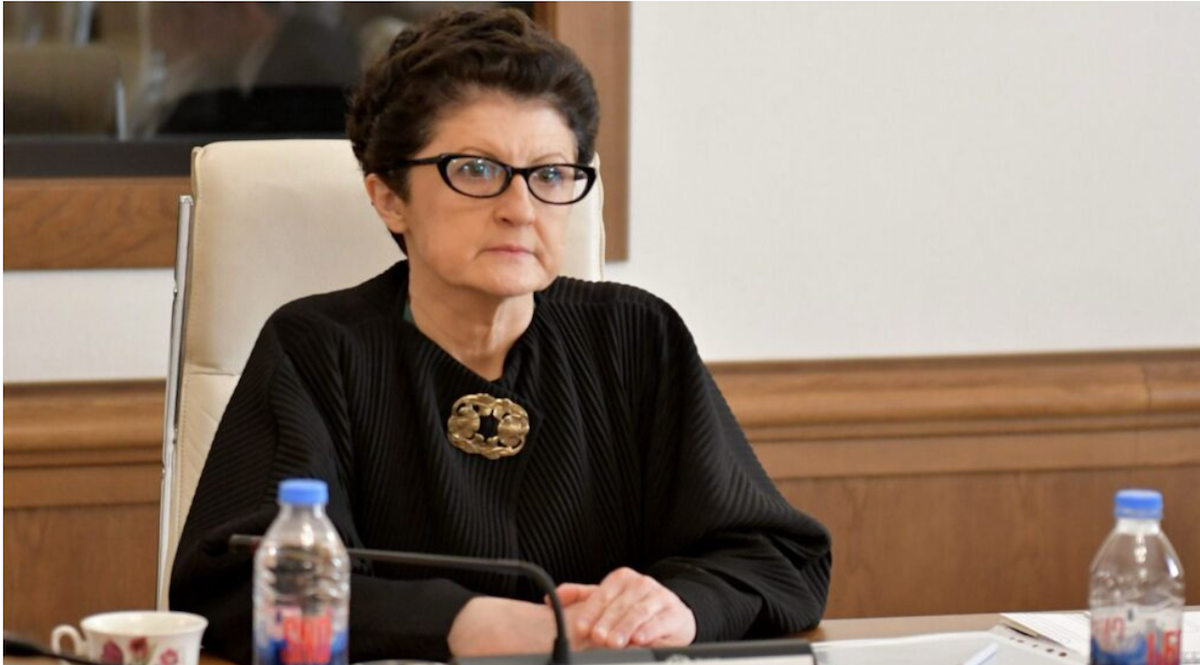'Georgian Dream' to file lawsuit against 'United National Movement'
Georgian Dream sues opposition
The ruling party “Georgian Dream” will amend the law on politicians and parties based on the parliamentary commission’s report on the “crimes” of the previous government.
The temporary parliamentary commission of Georgian Dream was established on 5 February 2025 to examine the activities of the previous government, the «United National Movement». The commission is chaired by Georgian Dream MP Tea Tsulukiani.
The commission summoned politicians to hearings and broadcast their questioning live. Those who failed to appear faced investigation under Article 349 of the Criminal Code — “failure to comply with the temporary parliamentary investigative commission of Georgia.” Penalties include a fine or up to one year in prison, as well as a ban on holding public office for up to three years.
Within a month, the Georgian Dream authorities jailed six opposition leaders under this article. The opposition considers both the commission and the parliament itself illegitimate.
The Georgian Dream will also file a lawsuit with the Constitutional Court against the ruling 2004–2012 party, the United National Movement.
The leader of the parliamentary majority of Georgian Dream, Irakli Kirtskhalia, said at a briefing that “individuals associated with a political party that violates constitutional principles” will no longer be able to run in parliamentary or local elections, nor hold political office. He added that such individuals will be completely barred from party activity.
“In the Organic Law on the Constitutional Court of Georgia, a number of amendments will be introduced. Specifically, individuals linked to a political party that breaches constitutional principles will be denied passive electoral rights, meaning they will no longer be able to stand in parliamentary or local elections, hold high-ranking positions—whether state or political—or lead bodies established by the constitution.
These individuals will not only be barred from direct participation in governing the country, but also from any party activity. They will be prohibited from party membership, barred from holding positions within party structures, and prevented from forming new parties,” Kirtskhalia said.
The repressive amendments will also affect other parties. Specifically, they will be prohibited from including individuals who have withdrawn from political activity on party lists or accepting donations from them.
“Parties operating in accordance with the constitution must refrain from any political-legal relations with such individuals. Existing parties must not include withdrawn individuals in their ranks or on party lists, otherwise their registration could be revoked.
Parties will also be barred from receiving donations from these individuals. Furthermore, failure by political parties to comply with the Constitutional Court’s rulings will result in criminal liability,” Kirtskhalia added.





















